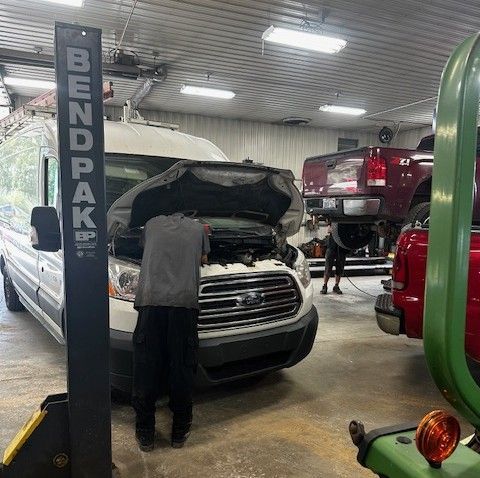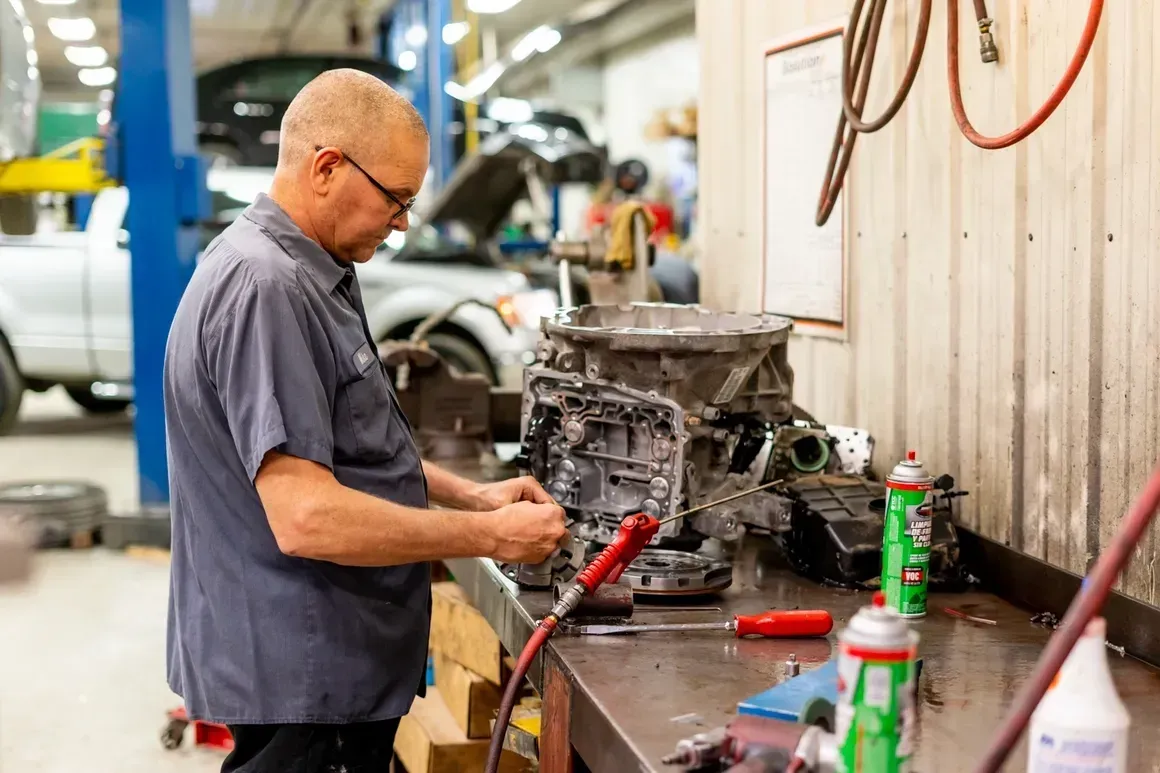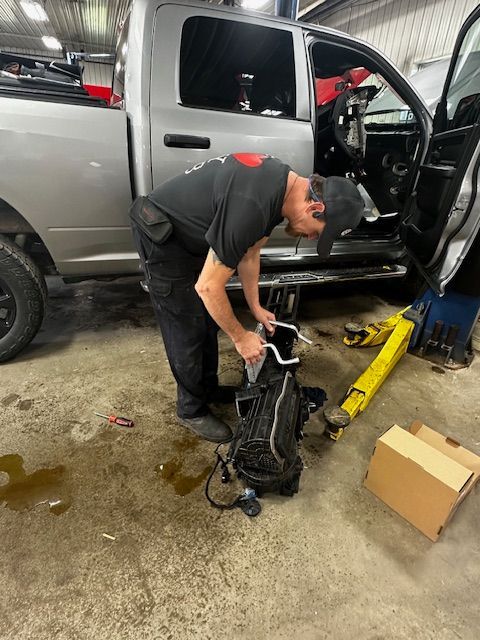Understanding Transmission: More Than Just Gears and Fluid
Welcome to Faithful Auto & Truck Repair, your reliable partner for all things automotive in North Branch, MI. When it comes to vehicle maintenance, the transmission is often one of the most misunderstood components. It's not just about shifting gears. Your transmission plays a critical role in ensuring that power from the engine is effectively transferred to the wheels, allowing your car to move smoothly and efficiently. Let’s dive into the nitty-gritty of transmission repair and why it's paramount for the health of your vehicle.
Common Transmission Issues and How They Affect Your Vehicle
At Faithful Auto & Truck Repair, we’ve seen a variety of transmission problems walk through our doors. Here are some common issues that can signal your transmission is due for a check-up:
1. Slipping Gears: This occurs when your transmission unexpectedly changes gear positions, which can be both alarming and dangerous. It's usually a sign of worn-out friction material or low transmission fluid.
2. Rough Shifts: If shifting feels harsh or accompanied by a thud or clunking sound, these are red flags that shouldn't be ignored. Such issues are often due to poor synchronizer functions or fluid contamination.
3. Delayed Engagement: A lag in response when shifting from park to drive or reverse can indicate a slipping clutch in manual vehicles or worn-out bands in automatics.
Should you observe any of these symptoms, it's crucial to act promptly to avoid further damage. At Faithful Auto & Truck Repair, our North Branch team is ready to tackle these issues with precision and expertise.
The Importance of Regular Transmission Maintenance
Preventive maintenance is the cornerstone of vehicle longevity, and transmission care is no exception. Here’s what regular maintenance entails and why it’s beneficial:
Fluid Checks and Changes: Transmission fluid lubricates and cools the transmission. Dirty or low fluid levels can lead to overheating and increased wear. We recommend regular checking and, if necessary, changing the fluid every 30,000 to 60,000 miles.
Filter Replacement: The transmission filter plays a vital role in keeping dirt and debris out of the transmission system. Replacing it as needed ensures optimal performance.
Seal and Gasket Inspection: Seals and gaskets are susceptible to wear and tear, leading to leaks. Early detection can prevent major issues down the line.
Why Choose Faithful Auto & Truck Repair for Your Transmission Needs?
At Faithful Auto & Truck Repair, we pride ourselves on being more than just a service shop in North Branch, MI. We are a community committed to delivering exemplary customer service. Here’s why we stand out:
Unparalleled Expertise: Our certified technicians are well-versed in both manual and automatic transmission systems, capable of handling the latest in transmission technology.
State-of-the-Art Equipment: Equipped with advanced diagnostic tools, we ensure accurate identification of problems, leading to efficient and effective repairs.
Transparent Communication: We clearly explain the issues and your options, providing you with all the information needed to make informed decisions about your vehicle’s care.
Taking Back Control: The Faithful Auto & Truck Repair Promise
Your car’s performance is crucial to your daily life. At Faithful Auto & Truck Repair, we guarantee dependable service that puts you back on the road with confidence. With our comprehensive transmission care services, you’re not just choosing a repair service, you’re joining a community that cares about your peace of mind.
Conclusion: Get Started with Us Today
Don’t wait until it’s too late. Prioritize your transmission's health by visiting Faithful Auto & Truck Repair in North Branch, MI. Our dedicated team is ready to assist you with all your automotive needs. Stop by today for a consultation, and experience the unmatched service that keeps our community moving. We’re here, ready to help you drive safely and smoothly, one mile at a time!







